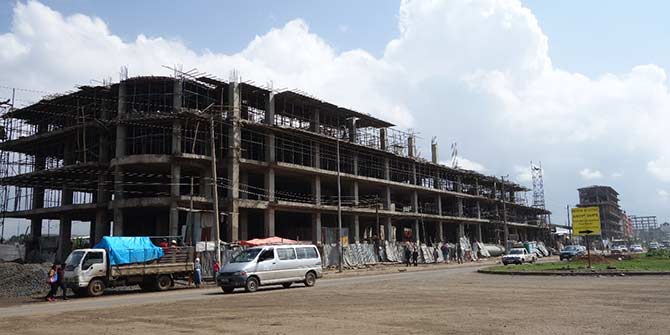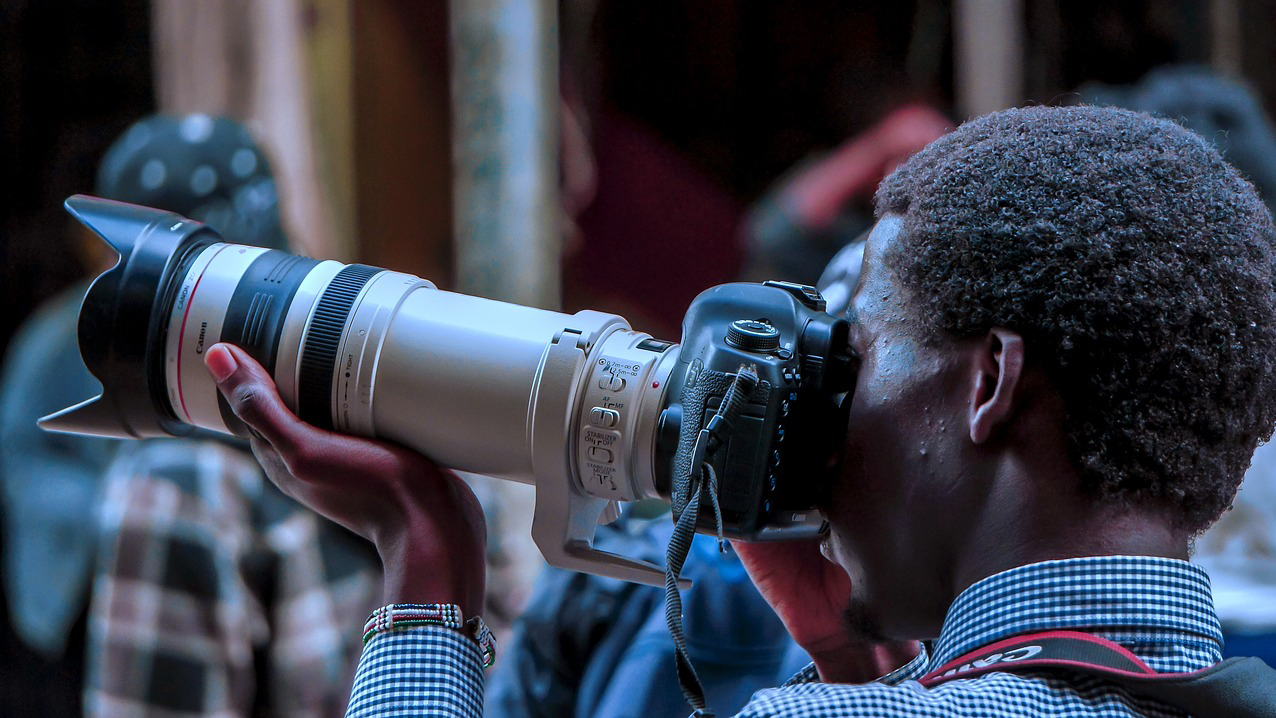Workers across Africa are increasingly turning to informal employment, outside the traditional remit of trade unions who negotiate between the employer and the employee. For Nairobi’s matutu drivers, their marginalisation highlights the need for grassroots organising to advocate beyond matters of income, to address wider issues of power and access to resources.
Informal work and trade unions
Trade union membership has been in global decline since the 1980s. In the face of rising inequality and concerns over labour conditions, this has raised questions as to how marginalised workers are best able to represent themselves in their workplaces.
Across Africa, trade union decline is partially attributed to the impact of Structural Adjustment Programmes overseen by the International Monetary Fund, which reduced employment in unionised, public sectors and pushed emerging economies to compete on global economic markets. More and more people joined already high numbers of people working in the informal economy – defined as outside of state regulation. Currently, about 85% of people are estimated to work in the informal economy across the continent.
Trade union models traditionally work by establishing an employment relationship between the employer and the employee. This is legally enshrined in a labour contract. Unions bargain for better terms in this contract for their workers with more economically and socially powerful employers.
Informality can cause a number challenges for trade unions. Informal workplaces are often smaller and more fragmented, making organising workers logistically more difficult or costly. It is often unclear who, if anyone, is the employer. Informal workers are not protected by usual legal means. Attempts to organise can be met with harassment by employers and unions can struggle to gain legally recognised leverage. These debates have come to interest international trade unions and development agencies concerned with informal work.
But is inclusion into a labour contract and wage labour necessarily the best or only way to address poverty and inequality suffered by marginalised workers? Ben Scully and Ronaldo Munck highlight that the trade union model was developed in a specific historical and geographical context: industrialising Europe and America. This prescribes a specific notion of work and, in many instances across the global South, it has seen resistance.
There is huge diversity in the informal economy; it is not necessarily a last resort as often portrayed. In some cases, such as Hawala Systems or ‘Mama Benz’ Textile Trading Networks, sectors are complex, socio-cultural, historically embedded systems of economic organisation.
Formalisation, by means of establishing a wage relationship, should not be assumed an improvement and, in cases where workers lose autonomy over their work, can be disempowering. When considering how to address issues of informal workers, care should be taken to avoid assumptions and tropes. The voices of those working in the sector should be at the forefront.
Nairobi’s matatu system
Matatus – often vibrantly painted buses – provide the majority of public transport to Nairobi’s 9 million people. The system is characterised as informal yet has fluctuating levels of formal regulation – owing to a conflictual relationship with the county council. In spring 2019 the governor of Nairobi banned all matatus from the city centre, resulting in transport chaos. The ban did not last a day.
Aside from formal laws and regulation, the matatu system is extensive and highly organised with distinct employment relations and systems of operation. It has a rich history and culture, developed since its origins in the 1930s. 300-400,000 people work within the industry in a huge variety of jobs. Drivers and conductors make up 60% of the workforce. Kamageras assist in directing and informing passengers. ‘Squad drivers’ relieve regular drivers by allowing them to take small breaks during long shifts (the majority work over 12 hours a day). It is referred to by workers as an ‘ecosystem’. It is a vital source of urban employment particularly for the city’s youth.
Matatu workers face severe stigmatisation at the hands of the government and media, frequently blamed for all manner of road problems. They are excluded from access to credit and loans. Many of the roles within the industry are criminalised. There is a widespread problem of police harassment, many workers being unnecessarily arrested and imprisoned.
The Matatu Crew Welfare Association (MCWA) is a grassroots organisation that aims to organise matatu workers. It is a registered savings and cooperative organisation and has partnered with a Nairobian tech start-up to develop a mobile app. This serves two purposes. Firstly, to register all matatu workers (including criminalised roles) and advocate for recognition of their role and reduce police harassment. Secondly, it allows workers to save and access loans using mobile money.
Longer-term, MCWA hopes to increase worker ownership and accountability, economically empowering workers to invest collectively in the industry and take on community policing roles to ensure public safety. Led by matatu workers, the goals of the organisation are responsive to the specific problems workers face.
Getting away from an idealised notion of work
James Fergusson and Tania Li have called for an interrogation into what is considered a ‘proper job’ and the development goal of a ‘society of job-holders’. This, they argue, perpetuates the narrative of the industrialised West as a model society. Instead, the ‘emergent (and existing) realities’ of work should be explored to rethink what is meant by good work and a just society. In advocating for workers’ rights, it is also important to destabilise these assumptions.
In Pune, India and Soweto, South Africa, grassroots organisations of waste reclaimers fought to retain access to resources, rather than for inclusion into labour legislation through contracts with private firms. This allowed them to maintain greater autonomy over their livelihoods.
Persistent poverty and inequality goes far beyond matters of income. They are related to the distribution of resources and power in society. These examples serve as reminders that trade unions organising in the informal economy might benefit those they represent by radically broadening their approaches and goals.
Photo: Nairobi by Deborah (CC BY 2.0).





